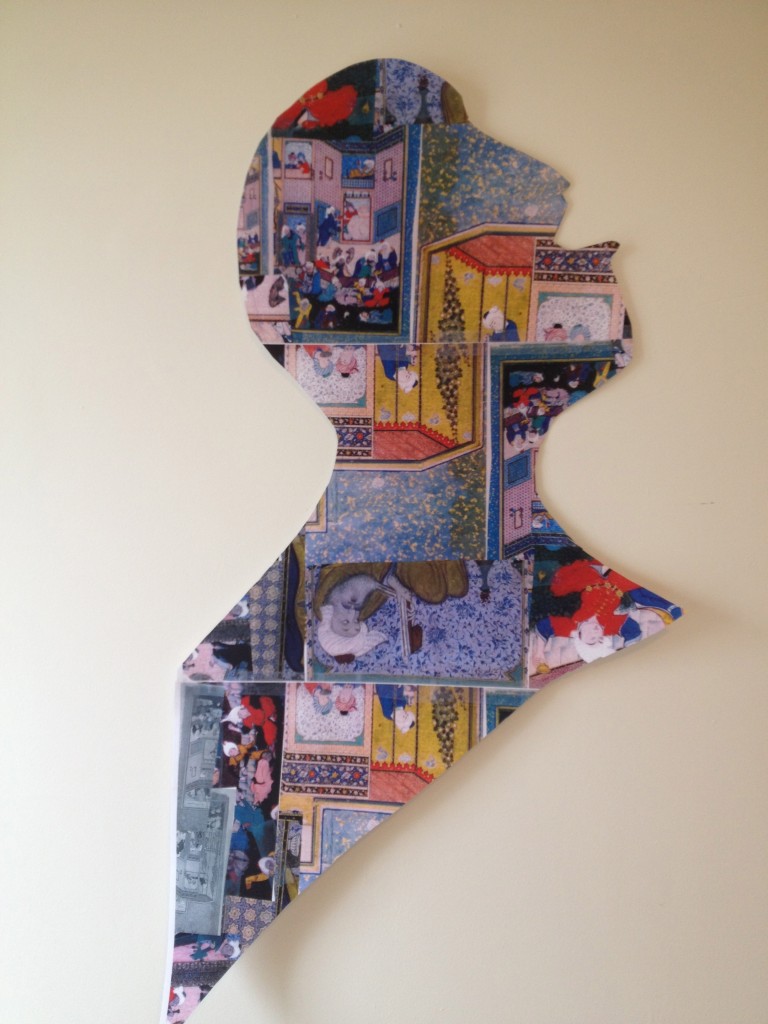Artistic Intoxication
In the article on Hafiz’s Ghazals and Sultan Muhammad’s “Allegory of Drunkenness,” J.W. Morris articulates how these two works “provides us with an extraordinarily condensed representation of the entire Qur’anic world-view…” This painted worldview described by Morris is situated on an architecturalscape. Angels and perfected spirits rest at the top of the house, while at the next level, as identified by Morris, the realm of imagination followed by all of the “divine knowers and friends” reside. Much occurs both visually and spiritually in this cosmicscape, but Morris points to a particular decisiveness in the image of a:
spiritually central transformation of our experience and scattered practical loves into true inner knowing (the “exaltation” aspect), along with the illumination and awakened love that flows from its “lowering” revelation to the historical, social world, are only visible and recognized here by those particular already intoxicated lovers/seekers who are already inwardly standing outside in the promised “Gardens.”’
As both a viewer and reader of this painting, one can see the “spiritual transformation,” the idea of developing awakened love, and how all of this revelation is often only visible when “intoxicated.” In an attempt to feel this transformation, in an attempt to “artistically intoxicate,” I created this piece by changing the scape of a tall house to a bodyscape, a headshot almost. I altered the scape to one of a body in hopes that “filling” a bodyscape with this scene would intoxicate. This piece explores the newness and unknown aspect of revelation, filling a body with layers and pieces, a body usually does not possess.
This piece explores truly feeling or wanting to feel “full of it all”. The bodyscape is drawn so that it looks as if it might be receiving the “pitcher of delight” described in the line of the ghazal “The Angel of divine Love grasped the pitcher of delight.” This adds to the purpose of the piece being an attempt to receive and feel revelation though positioning oneself as a receiver of delight grounded in levels of knowledge of angels and knowers.
